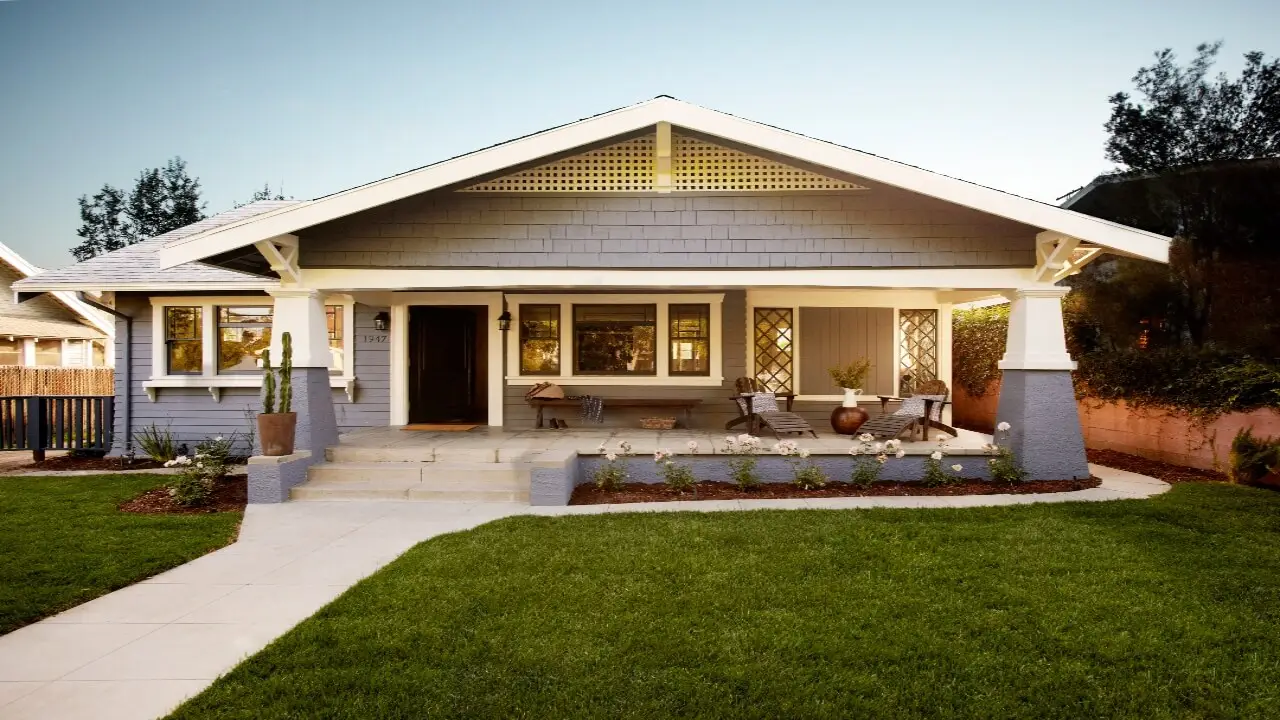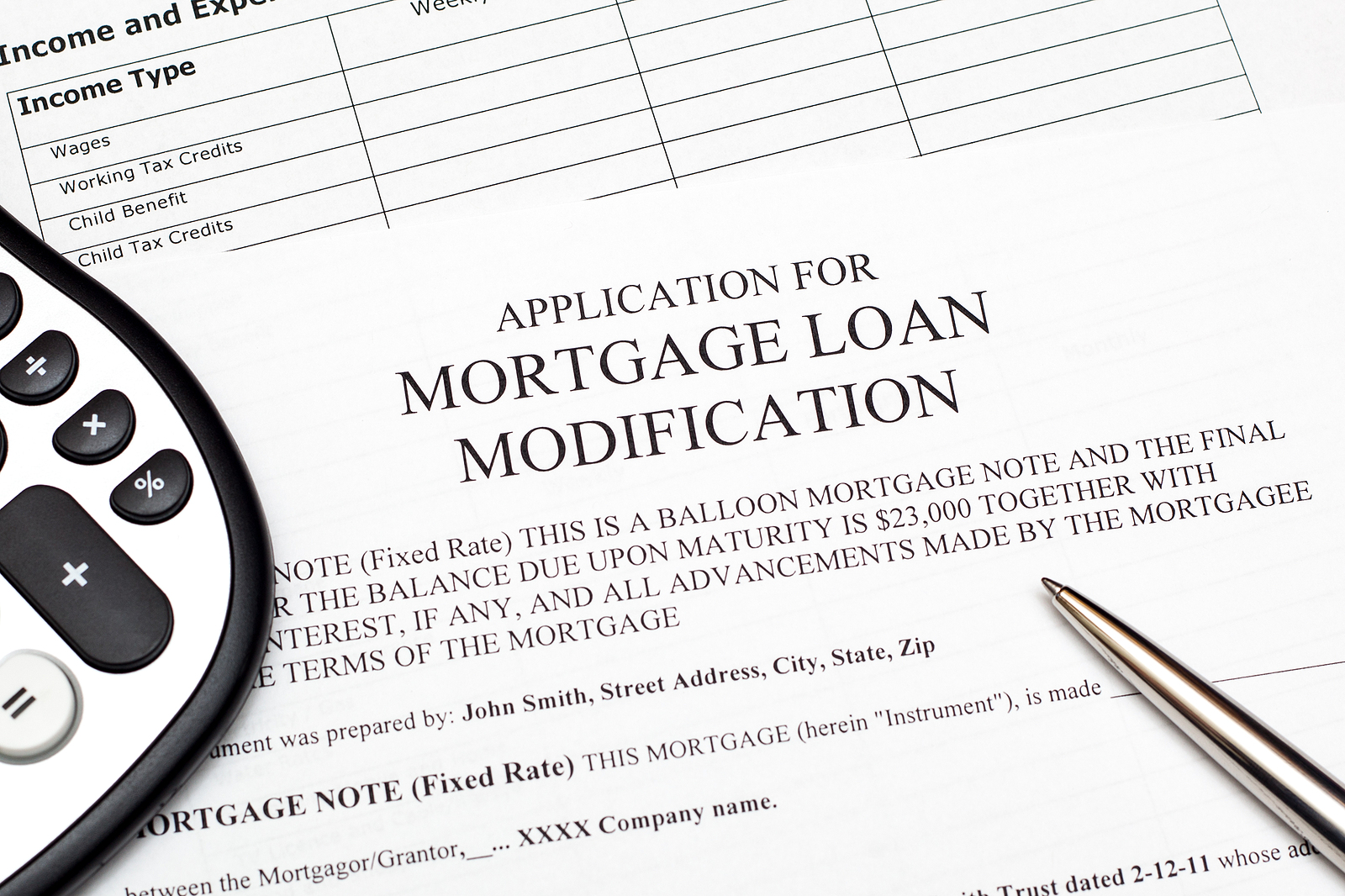A Mortgage Loan Modification Agreement is an agreement between a borrower and their lender to change the terms of their existing mortgage loan. This can include changes to the interest rate, loan term, or monthly payments. The goal of a loan modification is to make the loan more affordable for the borrower, who may be struggling to make their payments due to financial hardship. Banks may offer loan modifications as a way to prevent foreclosure and help homeowners stay in their homes.
A loan modification is a financial solution for homeowners who are struggling to make their mortgage payments. It involves changes to the terms of the loan, such as extending the repayment period, reducing the interest rate, or reducing the principal balance. These modifications are made with the goal of making the mortgage more affordable for the borrower, and allowing them to stay in their home.
When considering a home loan mortgage interest rate modification, it’s important to carefully evaluate how the changes will affect your monthly payments and the overall amount you will owe in the short and long term. This will help you determine if the modification is a viable solution for your financial situation. Additionally, it’s important to understand that loan modifications typically require a reapplication process, and approval is not guaranteed.
Homeowners who are facing financial hardship, such as a loss of income, medical expenses, or other unexpected circumstances, may be eligible for a loan modification. Borrowers who have missed monthly mortgage payments or are at risk of missing a payment may also qualify. If approved by the lender, a Mortgage Loan Modification Agreement can help avoid foreclosure by making the mortgage more affordable and allowing the borrower to stay in their home.
It’s also worth noting that there are different types of loan modification programs available, each with their own specific requirements and terms. Some examples of loan modification programs include the Home Affordable Modification Program (HAMP), the Home Affordable Refinance Program (HARP), and the FHA Home Affordable Modification Program (FHA-HAMP).
What is a mortgage modification?

A loan modification includes changing your existing mortgage so it’s easier for you to stay aware of your payments. These changes can incorporate another financing cost or an alternate repayment plan. It probably will not lessen the amount you owe on the balance of your mortgage.
Banks allow borrowers to alter loans because default and dispossession are more exorbitant to their business. As such, they don’t want the house, however they really do want the loan repaid. A modification achieves the two goals.
“A loan modification entails changes made to the provisions of the actual loan — usually decreasing the financing cost or expanding the length of the loan,” explains Rick Sharga, president and Chief of CJ Patrick Company, a real estate counseling firm in Trabuco Canyon, California. “This allows you to bring down your month to month mortgage payment and, ultimately, forestall default and abandonment.”
LOAN MODIFICATION AGREEMENT
This Mortgage Loan Modification Agreement (hereinafter, this “Agreement”) is made this fifteenth day of March, 2012 by and among:
- RBS Residents, N.A., replacement by consolidation with Residents Bank of Massachusetts (hereinafter, the “Loan specialist”), a national banking association with an office located at 28 State Road, Boston, Massachusetts 02109;
- CYBEX INTERNATIONAL, INC. (hereinafter, the “Borrower”), a New York corporation with its principal office located at 10 Trotter Drive, Medway, Massachusetts 02053; and
- CYBEX INTERNATIONAL UK Restricted (hereinafter, the “Guarantor”), a Unified Realm corporation with its principal office located at Oak Tree House, Atherstone Road, Measham, Derbyshire, DE12 7EL, England.

How a mortgage modification can affect your loan
There are different loan modification choices relying upon the sort of mortgage. These could incorporate diminished revenue, a term expansion, changing from an adjustable-rate mortgage to a fixed-rate mortgage or saving a piece of the principal to be paid back at a later date (or a combination).
While obtaining a loan modification, affirm with your bank or servicer whether the modification is temporary or permanent, and what your new regularly scheduled payment will be. Always read the fine print, and ask questions on the off chance that you’re uncertain about the drawn out implications of a modification. Mortgage Loan Modification Agreement the total payments under your original loan to the total payments under the altered loan. What you don’t want is a temporary decrease just to find the diminished amount added back on to your mortgage balance and then have to pay interest on the larger balance.
Also, avoid any modifications that are revenue just and adjust to a higher rate, add unnecessary expenses for your loan as penalties, charges or handling charges or result in a large balloon payment due after a certain period, Sharga suggests. These sorts of modifications could make sense in the event that you plan to hang onto the home sufficiently lengthy to offer it, to salvage your value and credit.
How to apply for a loan modification

1. Gather information about your financial situation
You’ll have to give your loan specialist or servicer all that from tax gets back to pay stubs to demonstrate you’re encountering financial hardship and are unable to make your month to month mortgage payments. You’ll also have to give a letter explaining your situation. This letter ought to be clear, accurate, complete and efficient. Keep feelings out of it.
2. Plan out your case
Prior to contacting your bank or servicer, be straightforward with yourself and consider whether your circumstances require a long haul or transient arrangement. Be prepared to make your case.
3. Contact your servicer
Contact your bank or servicer and ask for a Mortgage Loan Modification Agreement. On the off chance that you’re denied, you have 14 days after the denial date to ask for a survey of your application, yet provided that you applied for the modification at least three months before the dispossession sale of your home. Track your correspondence and actions along with any supporting proof.
Will Altering My Mortgage Hurt My Credit?
Assuming the modification is federally backed (for example claimed by Freddie Mac, Fannie Mae, VA, FHA or USDA) and is a consequence of the coronavirus, then it won’t be accounted for to the credit bureaus per the CARES Act.
Otherwise, some Mortgage Loan Modification Agreement may be accounted for as settlements or decisions, which could bring about a ding surprisingly. Make certain to talk to your moneylender about assuming their arrangement is to report modifications. However, a loan modification is not as damaging as a dispossession.
